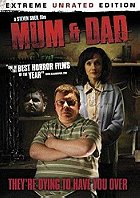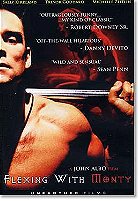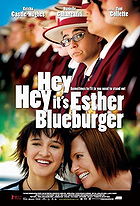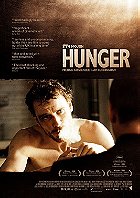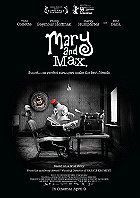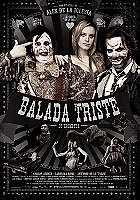Michael (Michael Fuith,) a weasily little man who you might expect for this kind of role, lives a ubiquitous existence in Suburban Austria. In reality, he is anything but ordinary- he is the abductor and captor of ten-year-old Wolfgang (Markus Schleinzer,) who is becoming increasingly defiant about his living situation.
Wolfgang lives in Michael’s padlocked basement, where he is periodically raped (obliquely implied by a non-graphic scene where Michael washes his scrotum after an encounter with the boy,) bullied into submission, and given what Michael hopes is enough warm and fuzzy time and traces of a normal childhood to keep Wolfgang compliant.
It is implied that Michael plans to kill Wolfgang once he reaches puberty. Living a nightmare, Wolfgang becomes more and more rebellious, culminating in an eventual escape attempt.
The film is minimalism at it’s most intense, focusing on the practices that make Michael seem at times like a normal human being. He and Wolfgang occasionally seem to have an almost father-son-like relationship, washing dishes, purchasing a Christmas tree, and passing discreetly into the fray of a petting zoo. Sometimes you nearly forget anything’s wrong at all, until some pedophilic dirty talk or foreplay brings you back to reality, and forces you to face facts.
Something is terribly wrong. Wolfgang has parents somewhere who love and miss him, and psychologically, he is splintering, turning into the polar opposite of the unknowing boy Michael goes after later in the film.
To ask for more excitement movie like this is to ask for a nasty brand of moviemaking. Despite it’s relentless ugliness and bleakness, “Michael” never sinks to the sewers of child exploitation. As a critic, though, I would have asked for a more conclusive ending. Placing an ending like this in any movie, let alone a film of this intensity, seems frankly a little like cheating.
Note- Praised by critics for it’s subtle take on it subject. Free of heavy-handedness and melodrama, the film’s director, Marcus Schleinzer, got several calls from grateful pedophiles, thanking him for his ‘non-judgmental’ portrayal of their kind. Sad to think there are people like that out there, who will probably never benefit from any kind of therapy an are best kept away from children for the rest of their natural lives.

 Login
Login
 Home
Home 127 Lists
127 Lists 162 Reviews
162 Reviews Collections
Collections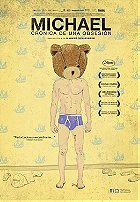
 0 comments,
0 comments, 